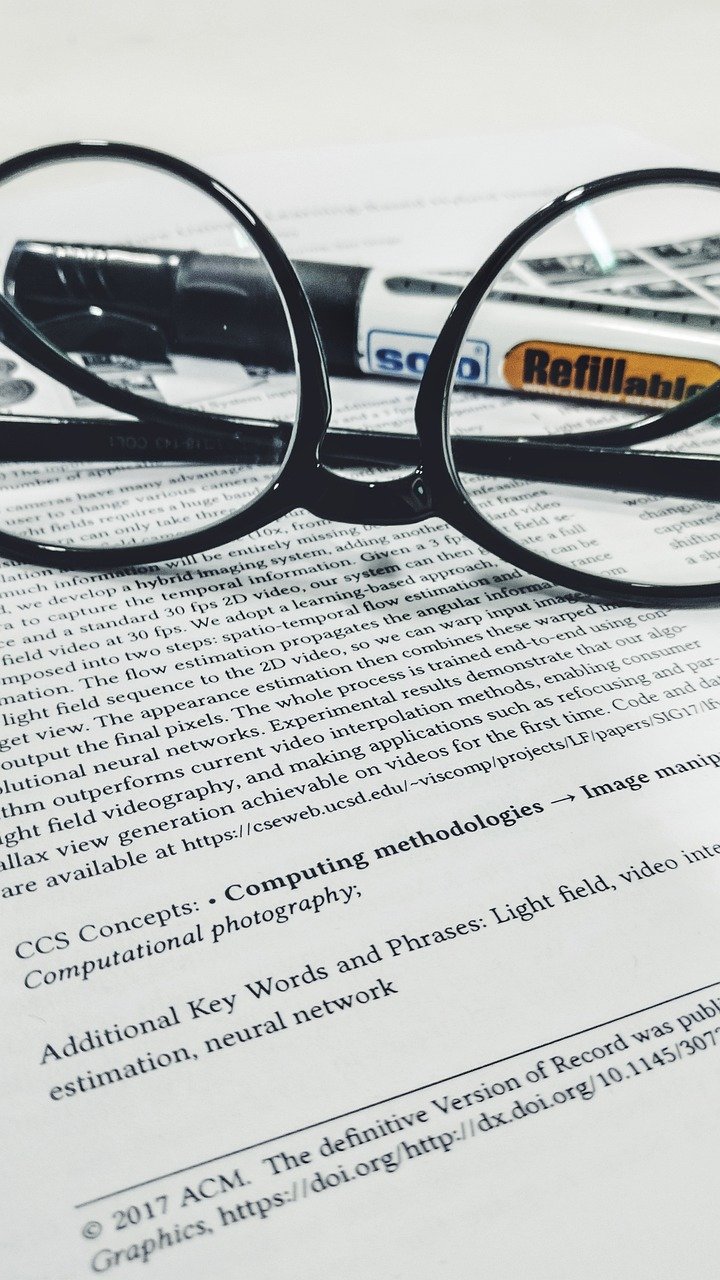A new controversy has erupted in the world of academic publishing and artificial intelligence, raising important questions about intellectual property, consent, and the future of research in the digital age. Check out this post and comments on LinkedIn and this other post describing the problem.
Essentially, the question if there is anything wrong if academic publisher sells the research paper for training AI?
The Situation
Taylor & Francis, a major academic publisher has been discovered selling access to researchers' work for AI training purposes without informing or compensating the authors. This revelation has sent shockwaves through the academic community and beyond.
Why It Matters
This isn't the first time AI has been at the center of intellectual property debates. We've seen similar issues arise with writers and artists. Now, researchers and scientists are facing the potential exploitation of their life's work for corporate gain. The implications are far-reaching and touch on several critical issues:
Lack of Transparency: Authors were not informed that their work would be used for AI training. This raises serious questions about the ethical responsibilities of publishers.
Compensation: Researchers are not being paid for this use of their intellectual property. Given the potential commercial applications of AI trained on academic research, this is a significant concern.
Ethical Considerations: Much of this research is publicly funded. Is it appropriate for private companies to profit from work that taxpayers have essentially paid for?
Informed Consent: Authors were not given the option to opt out of this use of their work. This lack of choice is particularly troubling in academic circles, where the integrity of one's research and its use are paramount.
The Academic Publishing Model Under Scrutiny
This controversy has reignited debates about the academic publishing model itself. The current system, where researchers often pay (monetarily or making efforts in the research) to publish and then institutions pay again for access, is being called into question. Some argue that this model is fundamentally flawed and exploitative, especially in light of these new AI-related issues.
Looking Ahead
As AI technology continues to advance, several key questions need to be addressed:
- How can we protect the rights of researchers and content creators in the age of machine learning?
- What are the ethical implications of using academic research for commercial AI development?
- How can we ensure transparency in how published works are used?
- Is it time for significant reforms in the academic publishing industry?
Conclusion
This situation serves as a wake-up call for the academic community, policymakers, and the tech industry. It's clear that we need new frameworks to ensure that the pursuit of AI advancement doesn't come at the cost of exploiting the very researchers pushing human knowledge forward.
As we navigate these complex issues, one thing is certain: the intersection of AI, academia, and publishing will continue to be a focal point of ethical and legal debates for the foreseeable future. It's a conversation that will shape the future of research, technology, and intellectual property rights in profound ways.
Maybe a new model of tokenization of knowledge that can be facilitated by Hive can be used to give some of the benefits to the authors directly. For example INLEO's ads revenue model is one way.
Posted Using InLeo Alpha
Posted Using InLeo Alpha

We recently launched HivePakistan's investment token.
This message is being sent only once to HivePakistan's current delegators, to give them an advantageous head start with the new investment model.
Join PakX discord to know more: https://discord.gg/kjSjSHPQrA
I know how much I struggle to bring up articles of at least five hundred words in a day. It wouldn’t make sense for such work to be uploaded as an AI property without my permission
This happens to a lot of people. That’s theft
A lot of people struggle to write all for the works to be stolen by the AI
It’s so unfair
I personally think that using researchers' work for AI without consent feels unfair. Authors should be informed and compensated the right way. This is technically Plagiarism so I believe it's wrong you're absolutely right friend, we need to ensure that the researchers are not hurt by something they contribute this heavily to
Well, this seems to be the way things are going forward. The new norm.
I guess you're right man, the new norm indeed